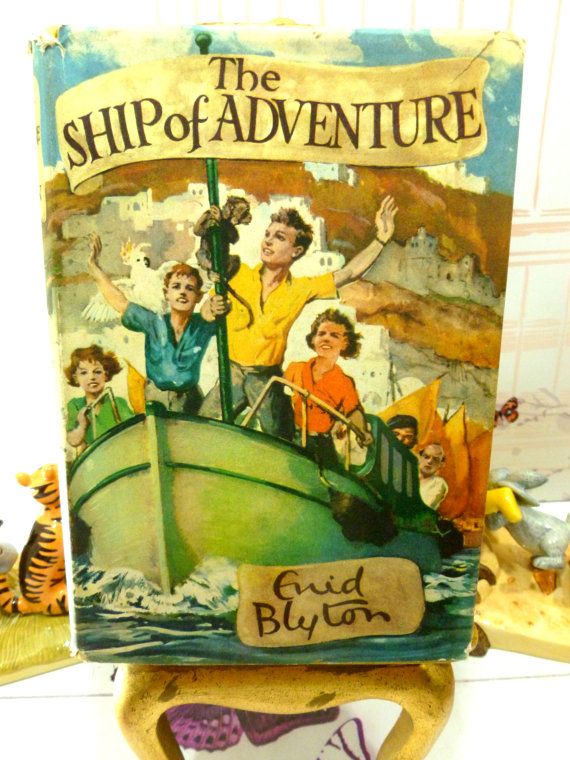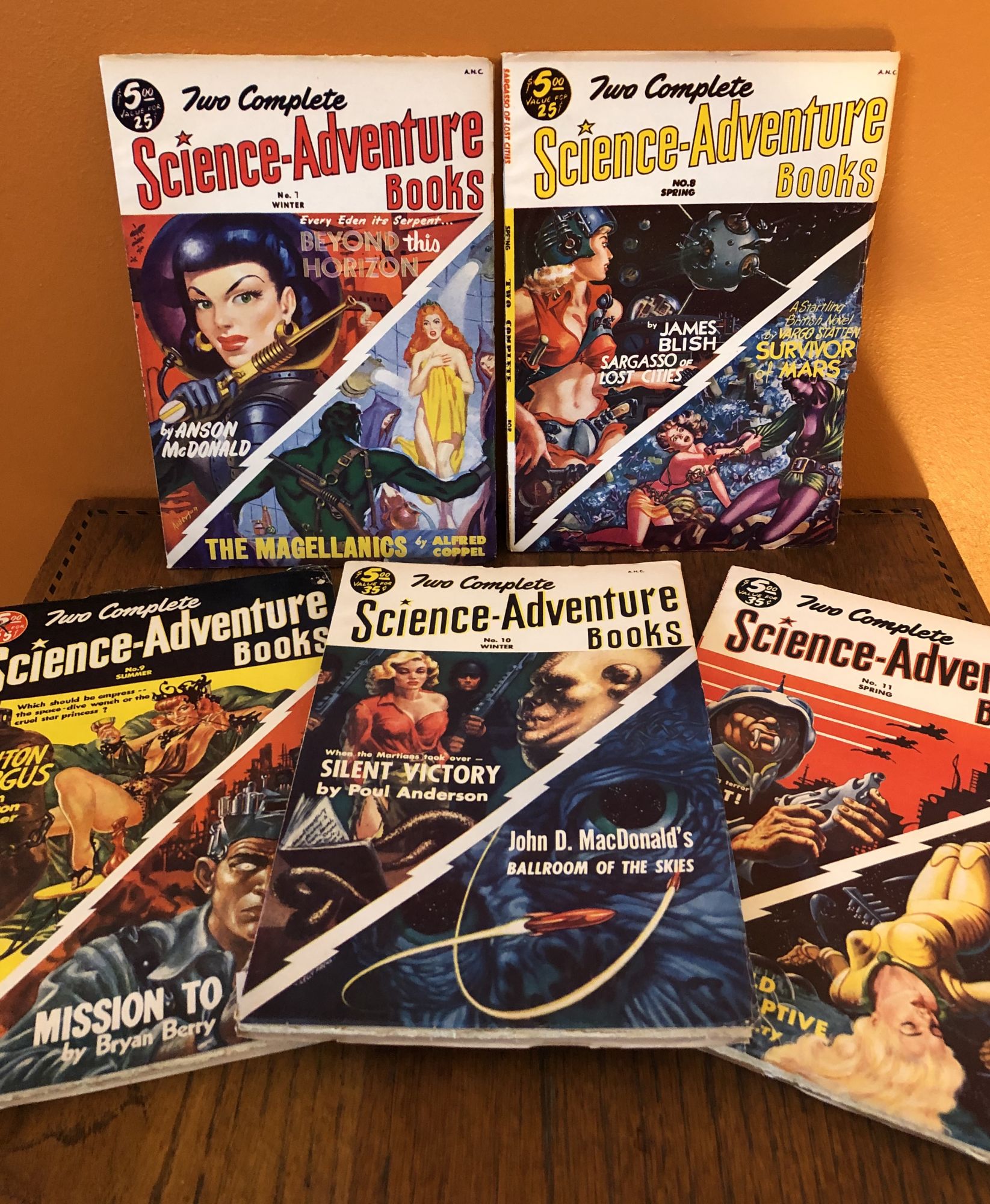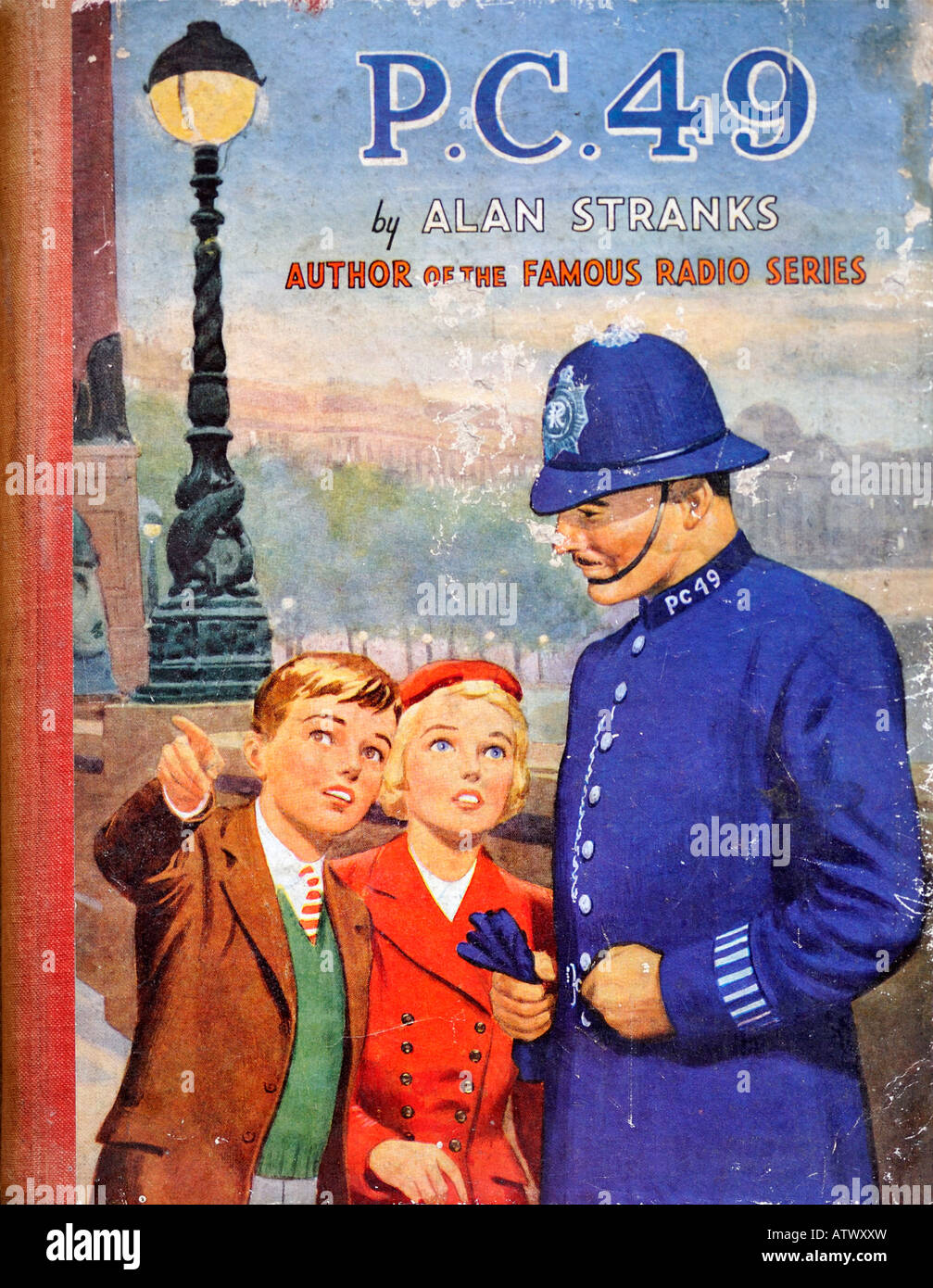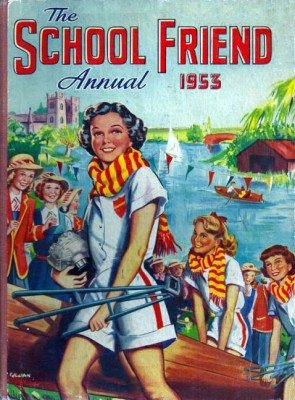|
|
Contents: The
Front Page | Fiction
| Fantasy & Science Fiction
| Children's | Nonfiction | Nostalgia | The Silent Three | The Four Marys
Growing
Up in the 1950s | Pen
and Sword Books | Living
with Skipper | Acker Bilk
Album Sleeve Notes | The
Back Page | Email
Growing up in the 1950s/1960s: Episode 1 | Episode 2 | Episode 3 | Episode 4 | Episode 5 | Episode 6 | Episode 7 | Episode 8 | Episode 9 | Episode 10| Episode 11| Episode 12| Episode 13| Episode 14
| Episode 15
   
Editor's
note: I've split the Growing Up page into several different chapters
which you can access by clicking on the links in the list below.
Previous "Growing Up" articles which you can access from the list above.
Episode 16
The next update of this page will be in the August issue...
My first day at the Crypt Grammar School for boys was daunting,
to say the least. I can honestly say that I turned up as instructed,
wearing my school cap, my blazer, and with a satchel over my shoulder,
and... wearing short trousers, and I think I was the only boy in the
school wearing short trousers! How embarrassing! When I eventually got
home - school finished at 3:45, after which there was a bus to catch
into the city, and then the number 57 bus home to Brockworth, so it
would have been almost 5:00 when I walked through the door - I pleaded
with my Mum to get me some long trousers at the earliest opportunity...
It so happened that she had been going through one of my uncle's
trousers just that day and between us we managed to make the legs less
wide, we shortened them, and with the aid of a leather belt, I was
ready for school the following day wearing a pair of hand-me-down
home-adjusted long grey trousers.
Now I was ready for
anything. I had already made friends with the only other boy from
Brockworth, James Harding, who became my best friend throughout my
years at the Crypt. The school was founded in 1539 (which I later
learned was the year in which Henry VIII started to ransack and ruin
many of the churches in England following his split with the
Catholic Church) by John and Joan Cook, brewers of Gloucester City. The
naming of the forms was bizarre. There was no first form. Instead we
were separated into forms 2A, 2B and 2C by name. James and I were in
2C, until the end of the first term, which was the Christmas term. In
January the following year we were put into form 2 with the first
letter of the teacher's name who was responsible for that term, so
James and I went into form 2C, because our form teacher was George
Cross. George wasn't his real first name, he was nicknamed George
because of the famous medal. We later learned, in the Spring term, that
there had originally been a first form, but it was a "preparatory" form
like in Anthony Buckeridge's Jennings novels, which I adored, only they
went to a boarding school.
The Crypt was very much like a
boarding school; all of the teachers wore black gowns, discipline was
rigid and unbending, and the headmaster, Colin Ewing, knew the name of
every one of the 600 pupils - a feat of memory I never quite got my
head aeround. The school was organised into classics and modern
studies. By the end of year one you were expected to be able to decide
which path you wished to follow, and were able to "drop" certain
subjects. Mathematics, English and French were compulsory for all
pupils, but I was able to drop the sciences and geography, and to take
another modern language (I chose Spanish) together with history, Latin,
and Greek. I dropped Greek after year two as I wanted to concentrate on
my French and Spanish. Bullying was rife and was actually encouraged.
Boys were expected to become men at the Crypt. You didn't go crying to
a teacher or a prefect if you were bullied, you were expected to stand
up to the bully and to fight him if necessary.
The school
"game" was rugby. In my first games lesson, I found myself at the
bottom of a pile of boys, and at the end of the day I resolved never to
play that stupid game ever again if it was humanly possible to avoid
it. I joined various clubs like the chess club, the debating society
etc., and I bought myself a pad of letter writing paper, and I would write
notes to the games master, Horace Smith, with various excuses as to why
I could not play rugby this or that week, maybe because I had a cold, or a stomach upset, or whatever, and I signed the note "G.
Norman", which was my mum's name, and a simple signature to copy. I wanted to play soccer - I was good
at soccer, and I appreciated its skills, whereas rugby is unlicensed
thuggery and as we all know, has caused many serious brain and spinal
(and other) injuries over the years. It is a vile, stupid and dangerous game which
should certainly not be played by children, in my opinion, and I am
happy to say that I successfully avoided playing it after that first
and only time in my first week at the Crypt.
I
was never averse to exercise, in fact I occasionally enjoyed taking
part in the cross country runs we were asked to do, but for me, rugby
was something I was happier not having in my life. During the last two
years of my time at the Crypt, I joined the newly-formed rowing team,
even though I could not swim properly, and excelled at it, becoming
stroke after just a few outings, and gaining my colours twice at the
Henley Regatta and at a second regatta at Stratford-upon-Avon. Most of
the older teachers at the Crypt came into teaching after serving
either in the second world war, or the later Korean war. Mostly, they
were a good bunch, all of them were men, and with their tuition and
guidance I was able to pass seven subjects at "O" Level, with French,
Spanish and History my top three subjects. My history teacher told me
that I didn't stand a hope in hell of getting a pass in the subject,
but the questions were on my side, with one, I remember, about the
Metropolitan Police; as it was my preferred career option at the time,
to join the police force, I aced it and got a Grade 2 in History and
walked away with the history prize for my year. I spent a year in the
Lower Sixth form before my life changed forever, One day I arrived home
from school, this would have been July 1963, to be informed by my Mum
that they were selling the house and we were moving, temporarily, to
Prittlewell, a suburb of Southend-on-Sea, where we would stay with
Auntie Florrie and Uncle Stan in their two-bedroom flat above their
hardware store. I was absolutely nonplussed and didn't know what to
say. Naturally I asked the most obvious question: "Why?" And the answer
I was given was one I came to accept even though I knew, in my heart,
that it was only a partial truth. It seemed that my Dad, who was Chief
Tool Engineer at Rank Precision Industries in Mitcheldean, in the
Forest of Dean, had been bypassed for promotion and younger men had
been brought in above him, something he apparently could not tolerate.
I adored my Mum and Dad, they had always done right by
me. The plan was that they would go into partnership with Auntie
Florrie and Uncle Stan and look for a business that would support all
four of them. Auntie Florrie and Uncle Stan had moved from Hornchurch
to Prittlewell and bought a small hardware shop. Mum and Dad assured me
that if we ended up living in Prittlewell or the huge area that
comprised Southend, they had already secured a place for me at Southend
Grammar School for Boys where I would finish my A Level studies and
then go off to University. As I had been planning to go into the Police
Force in Gloucester, the University thing was new to me but I was
prepared to give it a try, but I realised quite soon that it would mean
a whole new two year A Level course, because they took different exam
papers and I had already begun to study the French and Spanish set
books, and, of course, the English Literature set books. I decided
there and then that I didn't want to go back to school, and instead I
would decide on a career path once the four of them had got their
business under way and we were settled in our new home, wherever that
turned out to be. Various theories were put forward as to why Dad had
left Ranks: he had been sacked or made redundant; he had been having an
affaire with another woman, and Mum wanted to get him as far away from
her as was humanly possible (I personally thought they were
inseparable, and that Dad would never cheat on her, but this was the
1960s, and apparently anything went back then! It was the most probable
cause for us having to leave Gloucestershire.): the story that he had
been bypassed and younger men had been brought in over him (something
that can be quite humiliating for some men).
My
favourite time at the Crypt was from the Fifth form onwards. I spent
more and more time in the school library, which had a fair number of
adventure story books for boys my age (remember that I was a year
younger than the other boys in my class); together with bound copies of
Punch magazine, which I relished, and under the counter books like Art
Treasures of the Prado that had glorious paintings of nude ladies by
old masters, and which was a favourite book for so many boys. I joined
the chess club, I joined the rowing club and progressed to become
stroke after only a handful of sessions. Rowing gave me broad shoulders
and very strong arms and legs. Thankfully I was never called upon to
swim, even though we did once take out a boat with a hole in the bottom
and found ourselves standing in the shallow waters at the side of
Gloucester canal as the boat slowly sank! Then, in the lower sixth
form, we spent a lot of time in our tiny common room at the far end of
one wing of the main school building, messing about with an ouija
board. Everyone that was there that day swore blind that they weren't
moving the glass tumbler, and yet move it did, spelling out answers to
my friends' questions. When it came to my turn, I asked the question to
which I most wanted an answer: "who will I marry?" We schoolboys, the
ones in our little coterie were quite romantically inclined, and one
after another, everyone had asked more or less the same question. After
a moment's hesitation, the tumbler moved to the letter "W", then to
"E", then to "N", then to "D", and finally to "Y". Wendy. I didn't know
anyone called Wendy. The tumbler had sailed around the letters without
hesitation, with no pressure from the boys whose fingers rested on the
top of the tumbler. We simply watched as the tumbler carried our
fingers around the board. This was 1963, a couple of weeks before I
went to see the headmaster before leaving at the end of July. like i
said, I didn't know anyone called Wendy. And yet, a year later, after
meeting Wendy in Stevenage Central Library, where we both worked, I had
fallen in love with her, and a year later we were planning our wedding.
You couldn't make it up. In those days I used to write a few sentences
in a diary - I got one every year for Christmas. I didn't keep it,
sadly, but it's burned into my memories - that evening, after the ouija
board incident, I wrote in my diary: "apparently I am to be married to
a girl named Wendy..."
I
never did get
the full story, even after Dad died, suddenly, at the age of
sixty-four of why we had to leave Brockworth, but looking back, I'm
overjoyed that we did, that we moved to Stevenage New Town and that I
did meet and marry Wendy after a comparatively short space of time. Mum
would never say why we had to leave Brockworth, but I
remember the day, the last day of term, going into school with a
heavy heart, and being summoned to the headmaster's office as one of
the boys leaving that term, along with my best friend James, whose
family were moving back to London, where they originated from. The
teachers at the Crypt were amazing: George Cross - French; Bill Hunt -
Spanish; Charles Leper - English Literature; "Sally" Castle - HIstory;
Dick Barton - Latin; Doughy Baker - Geography; A L C "Elsie" Smith -
Mathematics; Mr Earnshaw - Rowing. I had a
brilliant interview with Stanley Ward, the headmaster who succeeded
Colin Ewing, who died from Shingles in 1960, and left the school that
had introduced me to rowing, to Shakespeare and John Milton (Paradise
Lost was the set book for the 1964 "A" Level English Literature course,
and I adored it!) The school that had taught me about discipline and
dedication and application to the task in hand. I would miss my
friends, but I left school with my head held high and on the 26th July
1963, we left for Prittlewell, Southend-on-Sea in our Standard Eight -
our furniture and effects went into storage and we would be reunited
with them when we settled. We spent nearly five months in
Southend-on-Sea, during which time I joined the library and discovered
the brilliance and delight of Noel Coward and his fantastic plays and
revues, followed by J B Priestley; I discovered Coca-Cola for the first
time, and I watched a video disc of Acker Bilk and his Paramount Jazz
Band on an amazing machine in a seafront café.
I bought a
typewriter and spent most of my spare time writing stories and plays,
one of which was shortlisted by John Tydeman, the BBC's head of drama,
for possible broadcast. It never happened, but he gave me such good
advice and encouragement that I have always, since then, written
stories, with some very limited success with short stories in women's
magazines, copies of which I no longer have, so you'll have to take my
word for it. By the end of November 1963, Mum and Dad and Auntie
Florrie and Uncle Stan had purchased a hardware shop in Stevenage New
Town. For the next four months we began ferrying the stock from the
Prittlewell shop (with me driving one way and Dad the other, which was
why I was able to pass my driving test first time early in 1964) - to
the new shop in Stevenage. We moved in to a three-bedroomed flat above
the new shop at The Hyde, Stevenage, while Auntie Florrie and Uncle
Stan ran down the Prittlewell shop before joining us in their own
three-bedroomed flat above another shop in the same parade at The Hyde
in April 1964. And so the very next period of my life, the most major
part, and the one that continues to this day, began.
Growing Up in the 1950s and 1960s will be continued in the September issue...
The
small print: Books
Monthly, now well into its 24th
year on the web,
is published on or slightly before the first day of each month by Paul
Norman. You can contact me here.
If you wish to submit something for publication in the magazine, let me
remind you there is no payment as I don't make any money from this
publication. If you want to send me something to review, contact me via
email at paulenorman1@gmail.com and I'll let you know where to send it.
|
|